Weird Things Animals Do During Solar Eclipse
A solar eclipse unsettles the natural world in ways you might not expect. As the moon crosses paths with the sun, the sudden drop in light and temperature confuses animals and throws their finely tuned instincts into chaos. Some creatures retreat into eerie silence, while others burst into unusual activity. If you’ve ever wondered what animals are up to during this celestial event, the following behaviors are as captivating as the eclipse itself.
Birds Turn Off Their Song

Credit: Wikimedia Commons
When an eclipse begins to dim the sky, many birds act as if the day has abruptly ended. Species like western meadowlarks stop singing. However, not all birds react the same way. Song sparrows, for instance, sometimes respond by singing louder during the eclipse’s totality. It’s as if they’re making the most of the eerie stillness, filling the quiet with their melodies.
Night Birds Awaken in Confusion
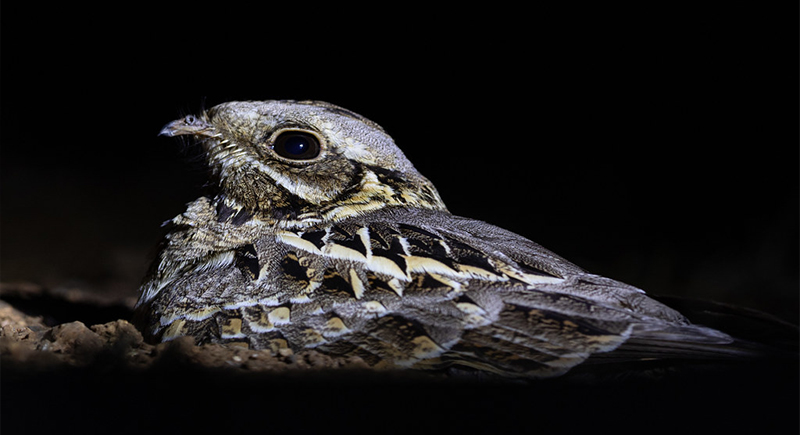
Credit: flickr
Nocturnal birds like tawny frogmouths get a head start on their night. They stretch their wings, call to their mates, and behave as though the moonlit hours have arrived early. For these creatures, the eclipse is a false signal to begin their nightly routines.
Honeybees Retreat in Perfect Sync
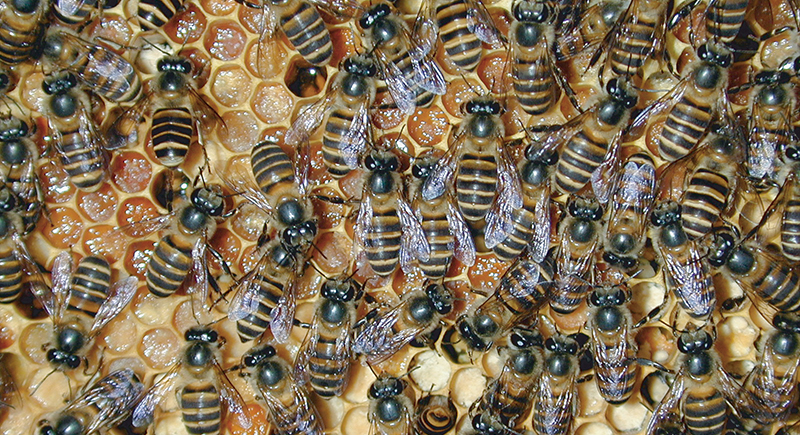
Credit: Wikimedia Commons
Honeybees are exceptionally sensitive to light, and their reaction to a solar eclipse is both rapid and organized. The moment the sky begins to darken, entire colonies abandon their foraging and retreat to their hives. Studies have shown that during totality, bee activity drops to almost zero.
Bumblebees Freeze Mid-Air
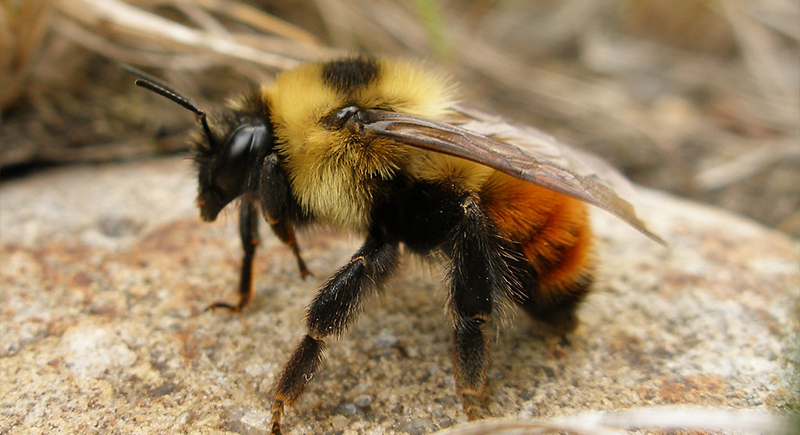
Credit: flickr
Bumblebees, on the other hand, don’t make it back to their nests. Instead, they stop buzzing and flying. The sudden stillness of these normally active insects during an eclipse is a phenomenon that scientists are still trying to fully understand.
Crickets and Frogs Strike Up Their Orchestra
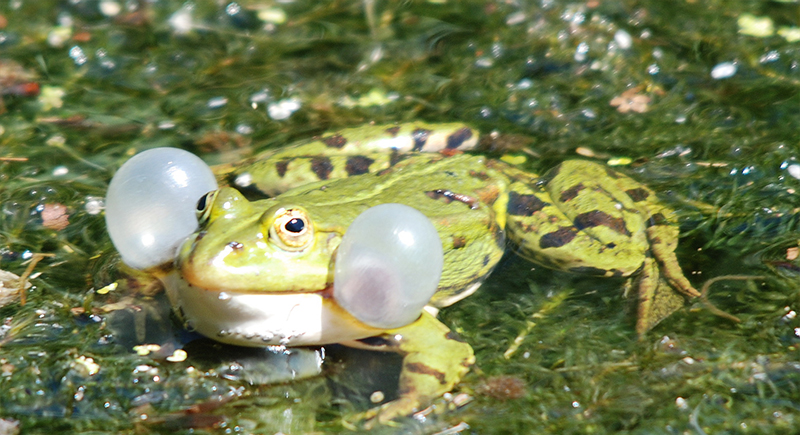
Credit: Wikimedia Commons
If you’ve ever heard the night come alive with the sounds of crickets chirping and frogs croaking, an eclipse might feel oddly familiar. These creatures interpret the darkened sky as the start of the evening and begin their nightly symphony, even if the sun is to peek out only moments later.
Moths and Nighttime Birds Take Flight
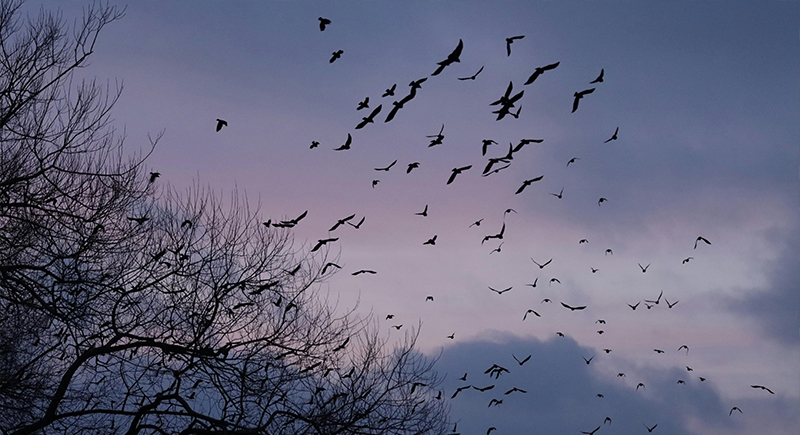
Credit: pexels
Some creatures are so attuned to darkness that even a brief eclipse can spur them into motion. Moths, drawn to the night, flutter into action, while migratory birds accustomed to navigating under the stars might take off as if it were time to move on. The confusion is short-lived but remarkable.
Giraffes Display Uncharacteristic Anxiety
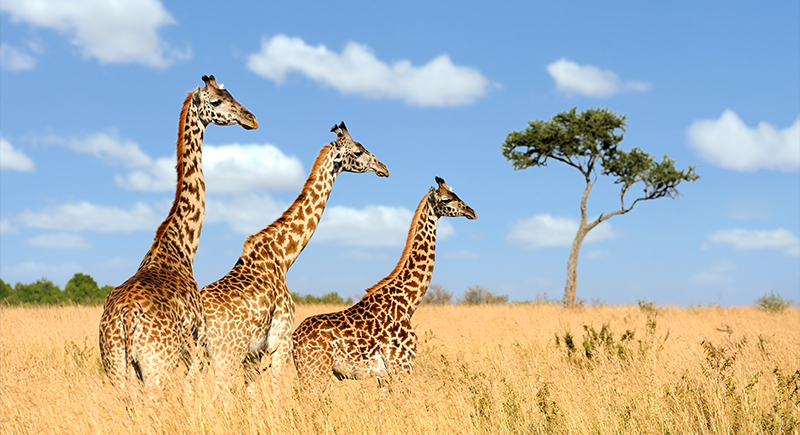
Credit: Wikimedia Commons
Giraffes are usually calm and composed, but during a solar eclipse, they become visibly agitated. At zoos, they’ve been observed pacing nervously or running as though startled by an invisible threat. The sudden shift in light and temperature seems to trigger their instincts and leaves them on high alert until the sun reappears.
Galapagos Tortoises Engage in Mating Rituals
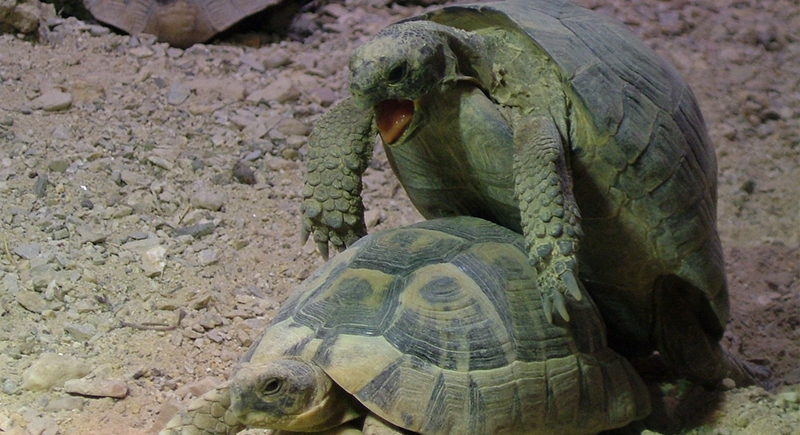
Credit: Wikimedia Commons
One of the strangest eclipse-related behaviors comes from Galapagos tortoises, which have been observed engaging in mating behavior during totality. Scientists aren’t entirely sure why, but it’s thought that the eclipse may act as a cue tied to their reproductive cycles.
Siamang Gibbons Perform Rare Eclipse Songs
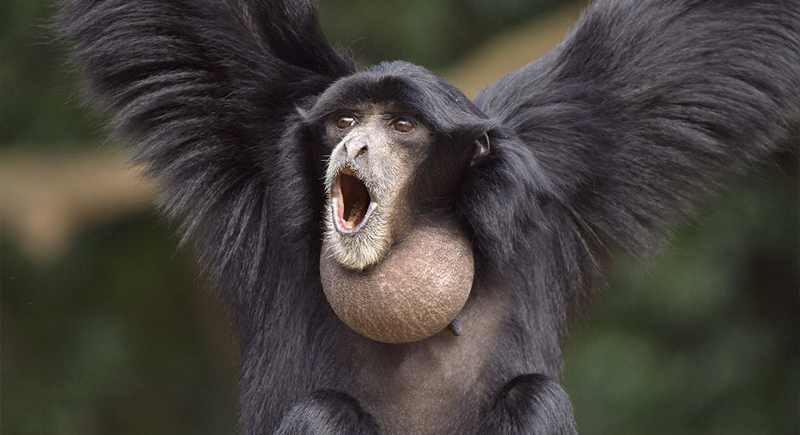
Credit: Wikimedia Commons
Siamang gibbons, known for their impressive vocalizations, produce unique, haunting calls that aren’t heard at any other time. These rare vocalizations, believed to be a mix of curiosity and distress, show how deeply animals are affected by eclipses.
Dogs Sense the Change in Energy

Credit: flickr
Dogs often pick up on their owners’ anxiety during an eclipse. Some become restless, pacing or whining, while others retreat into quiet corners. The sudden environmental change, coupled with their human companions’ unusual behaviors, seems to leave dogs feeling unsettled.
Farm Animals Follow Their Evening Routine
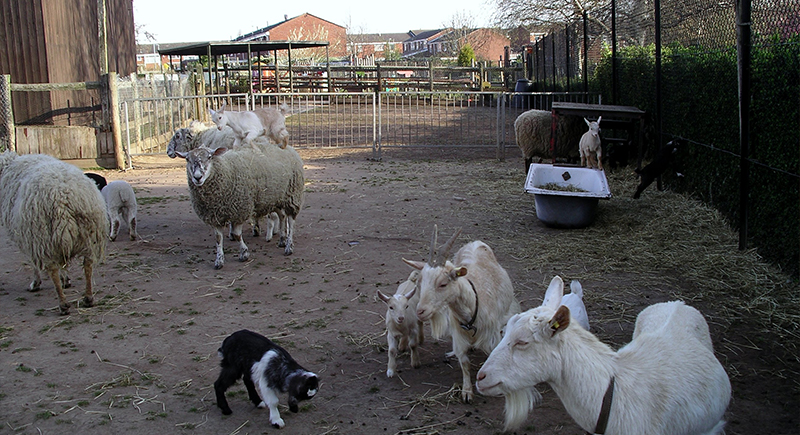
Credit: Wikimedia Commons
Farm animals like cows, chickens, and horses stick to a simple formula: when it’s dark, it’s time to wind down. During an eclipse, cows head back to their barns, chickens roost, and horses often relax as if it’s the end of the day. It goes to show just how deeply light influences their daily schedules.
Flamingos Huddle for Comfort
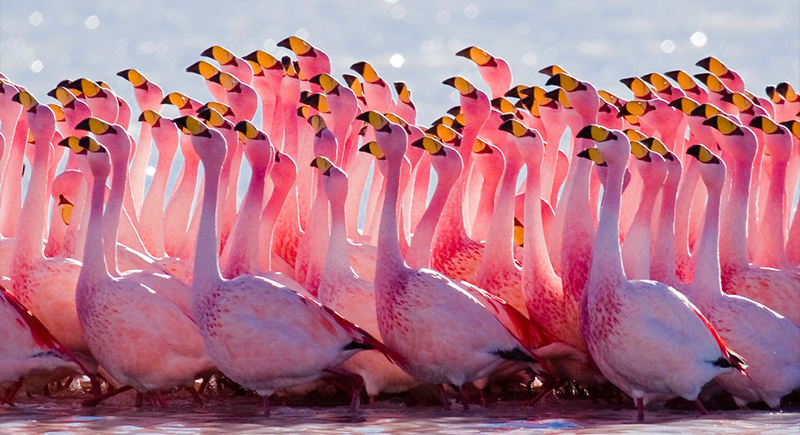
Credit: flickr
Flamingos have a fascinating reaction to eclipses. In the wild and in captivity, they’ve been observed huddling together during totality, much like they do at night. This behavior is likely an instinctive response to darkness, which depends on group dynamics for safety and comfort.
Fish Dive to Deeper Waters

Credit: iStockphoto
When the eclipse darkens the water, fish respond instantly to the fading light. Many instinctively retreat to deeper, dimmer zones, mimicking their twilight behavior. Scientists believe this sudden dive reflects their sensitivity to light shifts, showing how finely tuned aquatic life is to changes in natural illumination.
Owls Begin Their Hunting Calls Early
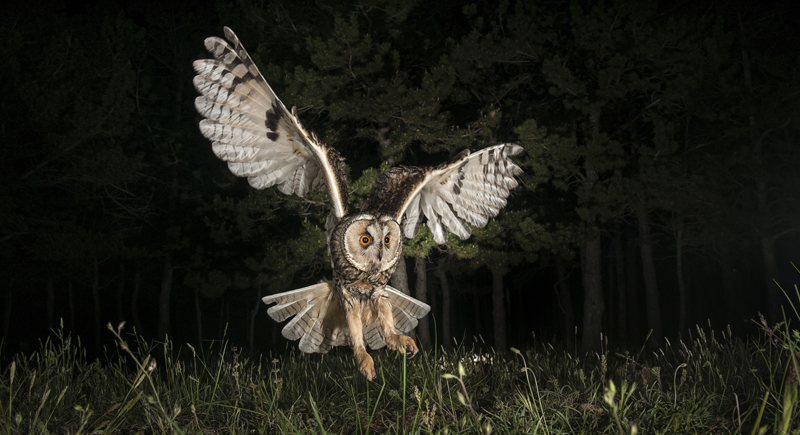
Credit: iStockphoto
Owls rely on darkness as their cue to hunt, so an eclipse confuses their internal clock. As daylight dims, they mistake it for dusk and begin calling or taking flight early. Their haunting hoots during midday reveal just how closely animals link behavior to light patterns.